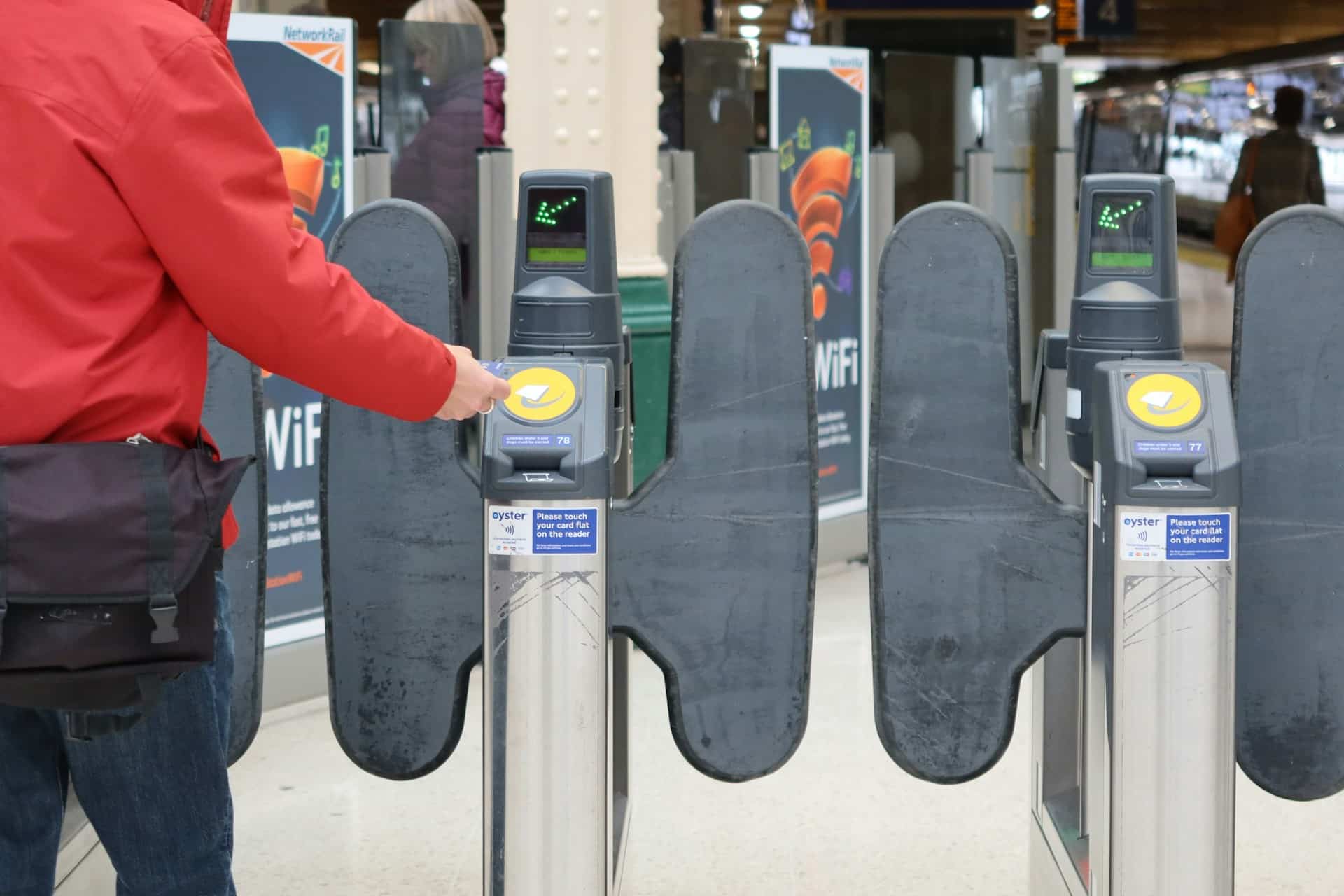Understanding fare evasion
With railway companies tightening enforcement against tackling fare evasion, using the wrong railcard, travelling ticketless, or using someone else’s pass, can land you a Notice of Intended Prosecution. Penalties range from fines and the railway’s admin costs to potential criminal records which can impact your future.
Fare evasion is treated very seriously by rail operators around the country, and even minor mistakes can lead to prosecution. Here is what you need to know:
Common types of fare evasion offences
You may be accused of fare evasion if you:
- Travel without a valid ticket
- Use an expired or incorrect Railcard
- “Short-ticketting”
- Use another person’s season ticket or pass—even with their permission
- Travel outside your ticket’s valid time, zone, or class
Even honest mistakes can result in legal action, especially if operators suspect a pattern of repeated misuse.
What to expect if you are caught
If you are stopped by a Revenue Protection Officer or flagged during a ticket audit, you will typically be asked to provide your personal and contact information and then receive a:
- Notice of Intended Prosecution (NIP) or
- Single Justice Procedure Notice (SJPN) within 2 to 8 weeks of the incident.
These letters are time-sensitive and should not be ignored as they signal the beginning of a potential criminal process.
Potential consequences
If action is taken against you, you may face:
- Payment of unpaid fares plus administrative fees;
- A Penalty Fare; and/or
- A criminal conviction.
A conviction can have long-term effects on your career and future.
Here to help
Our specialist teams can provide full service legal advice and assistance, providing practical and cost-effective solutions.
What to do if you are issued a notice
If you are issued a Notice of Intended Prosecution (NIP) or Single Justice Procedure Notice (SJPN), you should await correspondence from the railway company, when responding, you can either plead guilty or not-guilty and present evidence in your defence.
This is the time to seek the help of a specialist in fare evasion, who can help you fully understand your options and proceed in the best way possible, collating evidence and representing you in court in help achieve the desired outcome.
The most important thing to do is avoid wasting time or ignoring the issue and act as quickly as possible.
Our specialists will guide you every step of the way
Timing is key, our experts can help you respond correctly to correspondence within tight deadlines to shape a strong. We craft persuasive responses and settlement proposals to maximise your chances of avoiding a criminal record.
We have resolved numerous cases across operators—Chiltern, Southeastern, TfW, Southwest, West Midlands—all settled out of court without court hearings or convictions.
We understand the stress of rail-related legal issues and deliver timely updates, strong representation, and personalised support. Get in touch with the team today.
Fare Evasion FAQs
What happens after I'm caught fare evading?
Once you are caught (either onboard or via ticket‑analysis), you’ll usually receive a Notice of Intended Prosecution or Single Justice Procedure Notice by post or email within 2–8 weeks.
Can I avoid a criminal conviction?
Yes, most cases can be settled out of court with a financial settlement covering unpaid fares and admin costs. Acceptance is discretionary, so it is essential to handle correspondence and mitigation carefully.
Who can be prosecuted for fare evasion?
Anyone aged 16 or over, including students, can be prosecuted. Although discounts exist (like the 16‑25 Railcard), misuse or age‑ineligible tickets still count as fare evasion.
What types of travel count as fare evasion?
Common breaches include:
- Ticketless travel
- Short-ticketing
- Using incorrect or expired Railcards
- Travelling on someone else’s pass
- Using wrong age or time‑restricted tickets
How quickly should I respond to a prosecution letter?
Immediately. Most operators set strict deadlines, typically 14 to 21 days, to reply. A prompt, well-written response can significantly improve your chances of avoiding prosecution. Delays or ignoring the letter may lead directly to a court summons. Our experts can help you act quickly and effectively.
Latest fare evasion insights and guides
Our experts
Our offices

Bournemouth
302 Charminster Road Bournemouth Dorset BH8 9RU 01202 525333
Ringwood
Monmouth Court Southampton Road Ringwood Hampshire BH24 1HE 01425 484848Here to help
Our specialist teams can provide full service legal advice and assistance, providing practical and cost-effective solutions.
















